FLO MicroCourse: Considerations to Indigenize your Work OER (July 2022)
Section outline
-
Considerations to Indigenize your Work – An Overview
Welcome to this FLO MicroCourse: Considerations to Indigenize your Work!
I look forward to learning with you, and to sharing ideas which will support professional development and personal growth.
The introductory video describes in some ways the format and the structure of this MicroCourse. Each of the next five days has a theme and there are activities related to those themes:
- Day 1 – Shifting Perspectives: Flipgrid activity
- Day 2 – Unlearning: Discussion Forum activity
- Day 3 -Reframing: Discussion Forum activity
- Day 4 – Weaving Knowledge - Reflection on your own
Join us for a Closing Circle where we will be exchanging perspectives on our individual and collective learning.
- Day 5 – My (Heart’s) Calls to Action – Discussion Forum activity
* To obtain a badge for completion, please complete two required tasks : (1) Add a post in Day 2 Forum Discussion: Unlearning; and (2) Add a post in Day 5's Forum Discussion: Concrete Ideas for "My heart's call to action" and mark as Done
Attending the synchronous sessions are encouraged (as this is an opportunity to engage with your fellows through the content of the course), but not mandatory. [Please insert the link for the conference]
As a starting point, please watch our welcome messages and go to “First Encounters” (FORUM #1) to introduce yourself. You may find it interesting to locate yourself first. On whose traditional territory do you currently live and work? How do you know? If you don’t know, you may find this map helpful: https://native-land.ca/
For any content-related questions, please contact Carmen: mdcr@uvic.ca
For any access issues or SCoPE-related questions, please contact Helena: hprins@bccampus.ca or Gwen Nguyen at gnguyen@bccampus.ca
-
FIRST ENCOUNTERS
As a way to honour Indigenous perspectives, we ought to acknowledge the Land, our place in the Circle, where we come from, and what we would like to accomplish in doing this work of Indigenization. Take a moment to watch our welcome videos and take some time to introduce yourself by sharing with the group a little bit about you on the Forum entitled "First Encounters".
Feel free to post in writing or by creating a video using the Kaltura tool or any tech tools that are available for you.* COURSE OVERVIEW *
This self-paced course is an introduction that might support your work towards Indigenization and Reconciliation. In this process, we each will have unique experiences, backgrounds, and even unique definitions for what Reconciliation looks like and feels like.
I invite you to reflect on how these considerations can support your work, offer you new perspectives, and encourage you to continue this journey as part of the Accountability and Responsibility that as Canadians we hold.
Do not allow yourself to be held back by fear or by hesitation or by worry of making mistakes, because you will make mistakes.... Accept those mistakes with grace and gratitude.
The organization of the course is as follows:· On the first day, you will work on your own.
· On the second day, we will meet for a synchronous session - Welcome Circle [time]; I hope you are able to join us. We will be sharing our views and experiences with the activity of "Unlearning". If you so wish, you can share a moment or a time when you had to unlearn.
· On the third day, you will work on your own again.
· On the forth day, we will meet again [time] for a Closing Circle.
· On the last day, you will have time to complete the final assignment on your own.
Please note that in order to receive a Badge, you need to complete Activities for Days 2 & 5: Add a post in Day 2’s Forum Discussion: “Unlearning” and Add a post in Day 5’s Forum Discussion: Concrete Ideas for “My heart’s call to action.” You also need to mark as Done after finishing these two activities.
I will look forward to working with you and to supporting your work.
All My Relations,
Carmen -
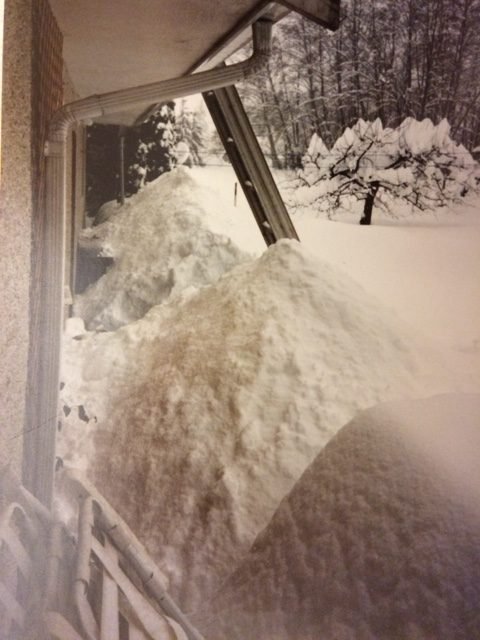
I arrived in Canada the year known in Victoria as "The year of the blizzard" - 1996. My encounter with snow was unique as I had never seen that much snow in my life. I learned to make snow angels and learned how not to make snow people..... I was gathering snow instead of rolling it. When one is used to desert and arid zones, like me who was born in Northern México, making snow figures was an ordeal...
There was much more I learned in those first months but one of the events that will forever stay with me is when in late October, I watched people wear a poppy on their lapels, and some acquaintances talked about their school aged children reciting "In Flanders Fields" for the school Assembly. I had no knowledge or experience with the celebration of Remembrance Day given that Mexico barely participated in the World Wars and thus, we don't have day of remembrance. Being the curious learner that I am, I decided to go downtown and witness the ceremonies.
I learned about honoring the unknown soldier; and I witnessed the reverence people hold for their citizens, the veterans, and their country, which I had yet to call my own. I made it a responsibility to go downtown every year to pay respect to the moral responsibilities, to the fallen, and to the histories and the stories behind the celebration.
In all these years, I have never heard anyone say things like: "Oh, but this is history, why don't people get over this". Or "Oh , here we are with the poppy again...." or "Why can't the veterans just move on? That happened more than 50 years ago". I could have asked this questions and justify myself by declaring ignorance. But I also think about how my ignorance could have been interpreted had I asked in a certain tone or with a particular intention because I did not know....What would have given me the right to ask those questions or to make such comments?, Would I have found someone to teach me?, Would I have unknowingly offended people?
The motto of Remembrance Day is "Lest We Forget".
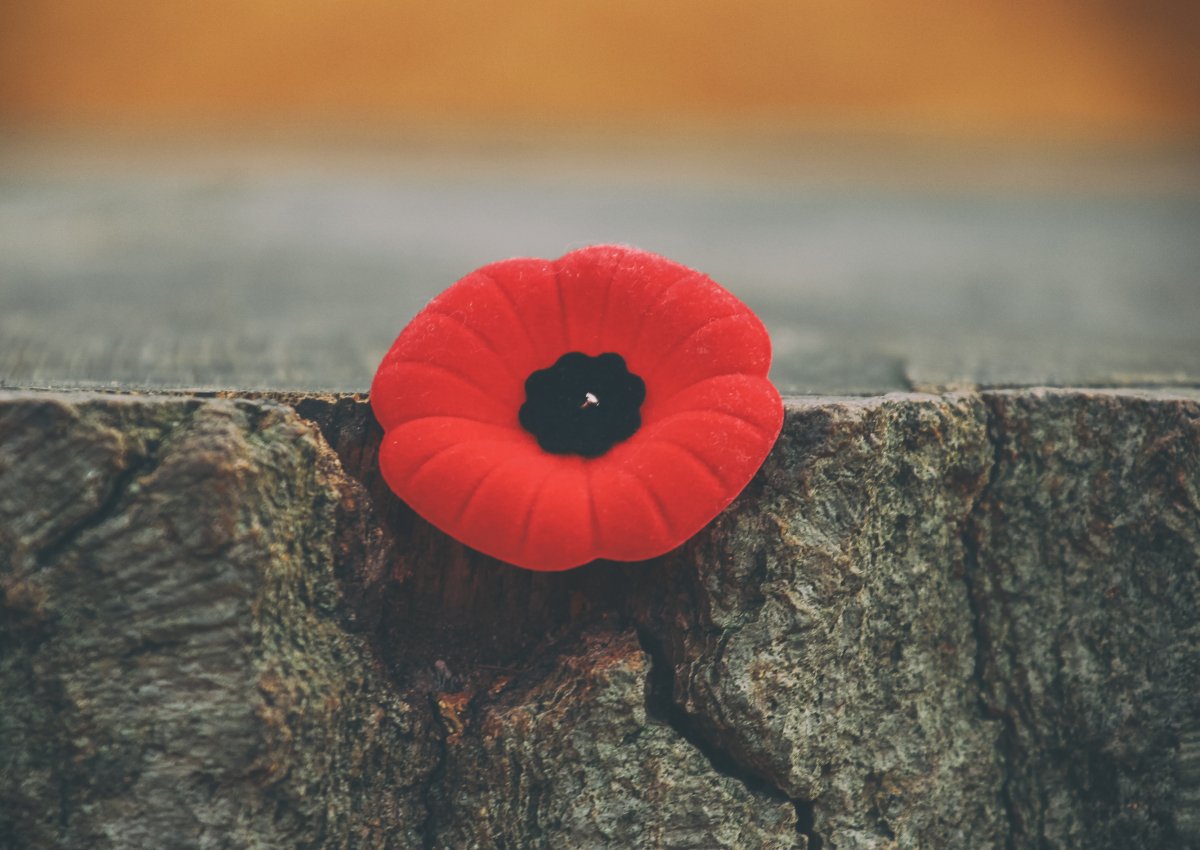
Would we one day want to not remember?, Would we want to 'just move on'?, Don't we have a duty to pass on these histories and occurrences to the young generations?
Why then, I wonder, do we still hear people say about Residential schools or the history of the Sixties Scoop or about other historical injustices in this country: " Why don't people just move on? or "That happened so many years ago"....
What is different amongst these histories?; As feminist and social justice scholar Judith Butler would invite us to consider: " Why do we mourn some lives and not others"?
How does one find balance between feeling upset at disrespectful comments and being accepting of other people's ignorance?
This first day, I invite us to consider these and other questions that might emerge for you from reflecting on my story, and perhaps on your own stories about challenging perspectives. What happens when we consider things from a different side?, Can we actually 'walk in someone else's shoes'?
ACTIVITY:
The reading by Özlem Sensoy and Robin DiAngelo offers us principles to start working towards equity and equality through challenging the common guidelines in social justice education. Read the piece and work on this activity:
- Focus on 4 principles/ideas that resonate with you (i.e., "Everyone’s perspective is not equally valid when some are uninformed, unexamined, or uphold existing power inequities"; p. 4).
- Think about how you might deconstruct or use the statement, articulate it, reflect on it, and/or engage your students to think about it.
- Keep a record of your ideas in a particular format (i.e., voice recording, scribble, etc.)
- Choose one idea to share via the forum below entitled "My Thoughts- Day 1".
As a reflection for the day, I invite your to consider how life is all about Perspective....
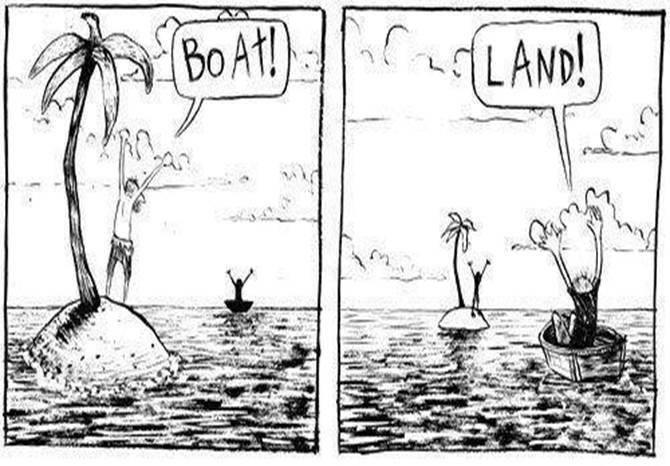
-
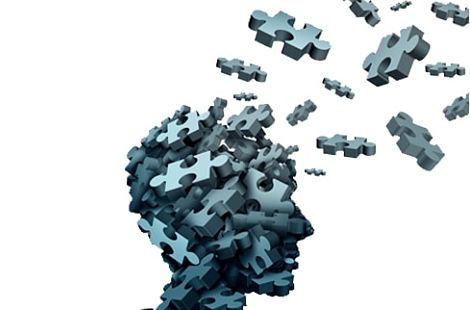
"The illiterate of the 21st Century will not be those who cannot read and write, but those who cannot learn, unlearn, and relearn.” – Alvin Toffler
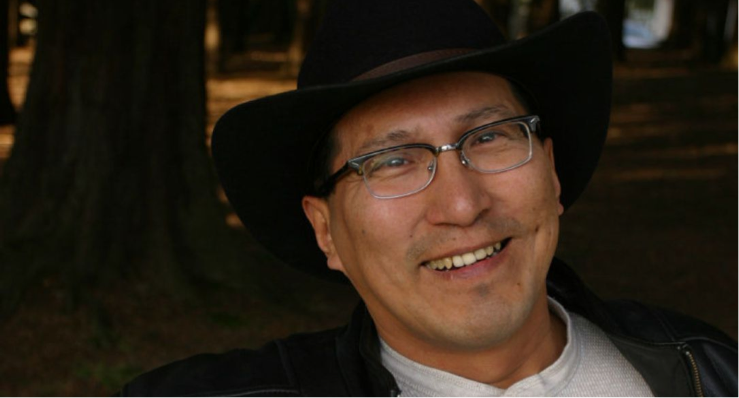
You have likely heard of the late Ojibway writer Richard Wagamese, whose life and works have touched many readers across Canada and beyond. His way of writing illustrated the challenges he endured as a result of neglect and abuse, loneliness, and emptiness. Yet, despite these struggles, his words in fiction and non-fiction works carried the messages of forgiveness ( for self and others), hope, and love.
In this short story entitled "Upside Down and Backwards" (ONE NATIVE LIFE, Douglas & McIntyre, 2008), Mr. Wagamese discusses how he needed to unlearn some things he had learned at school, and how a caring teacher supported him to learn, and become the best he could be.
ACTIVITY:
Listen to the story, and use the following questions as prompts for conversation, teaching, and/or advancing your learning. Share the story with an acquaintance, a relative, a loved one or a colleague. After exchanging views, contribute to the blog with a thought resulting from those exchanges, and relate your posting to one of the questions.
Questions for exploration:
* How can we use metaphors in the story to start conversations around decolonization?* How is the metaphor of ‘needing to unlearn’ reflective of the ways in which we can explore our learned stereotypes and inherited ideas about people and the world?* What approach(es) can one uptake to support those who feel they do not ‘fit’ or that they do not belong in the world because of other people’s expectations?* In regard to Indigenous people, culture, heritage, language, worldview, and so forth, what are three aspects that you have chosen to or needed to unlearn?; Who or what prompted that process?In our Synchronous session, we will engage in conversation about the challenges we still face in our contexts. What have I unlearned? Why did I need to unlearn it? How did I do it?Come prepared to engage with colleagues in a supportive space! -
"We see the world not as it is..... but as we are" ~Anais Nin
What does it mean to "re-frame" a perspective?
Is it changing the way we look at things, people, and the world?
Is it looking at things, people, and the world from different points of view?
Is it holding back until we know what or who is in our frame?
And what is a frame, anyway?ACTIVITY
Watch this 30 second clip
from the newspaper "The Guardian" to think about these questions and formulate your answer about what it means to re-frame a perspective. We will address these ideas/thoughts during our synchronous session.Think about what you know about or in regard to Indigenous people, culture, language, music, worldview, etc.
On your own or with a partner (invite a roommate, a friend, a family member, a neighbour or a colleague ) try out the following activity:1. Take 6 pieces of flipchart paper ( or any other kind of large paper or cardboard; you can also just use regular notebook sized paper). Take 2 pieces and on one of them write:
MÉTIS - WHAT I KNOW.2. Take the second piece, and write: MÉTIS - WHAT I'VE HEARD.
3. Do the same with the remaining 4 pieces: writing in one of them:
FIRST NATIONS- WHAT I KNOW; and on the second one: FIRST NATIONS- WHAT I'VE HEARD.4. For the last 2 pieces, write: INUIT- WHAT I KNOW, and INUIT - WHAT I'VE HEARD
5. Tape the large pieces of paper around the room, and now you and your partner spend a few minutes writing statements that relate to each of the posters.
Reflect on the comments you wrote, then answer the following questions:
What did you write?; Why?;
Did you pause before you wrote a statement?; Why?;
Were you certain about what you wrote?; Why?;
How/When did you acquire that knowledge?
Did you question any of the statements you wrote?; Why?ACTIVITY
Write a brief reflection about this activity ON THE FORUM. -
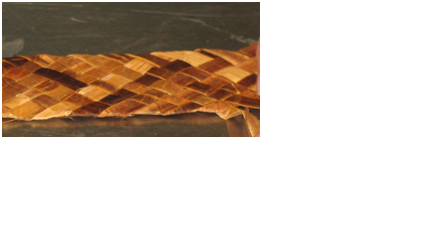
As a result of the 2015 Report from the Truth and Reconciliation Commission, the constructs of Decolonization, Reconciliation, Indigenization, and Resurgence among others, have become the parlance within all levels of education. Variations exist when trying to define, understand , articulate, and implement these constructs.
Definitions of what constitutes Reconciliation abound, creating at times the perfect context for educators, parents, researchers, academics, and others, as they apply them within their own field. However, these same differences also instil confusion precisely due to a lack of unanimity in their meaning.
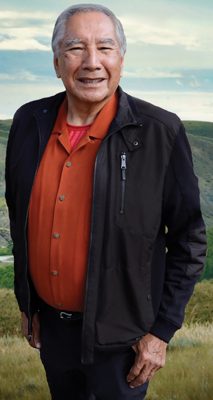
In the past few years, I have moved away from using words like 'infusion', 'inclusion', 'implementation', and integration' of Indigenous perspectives, and have favoured the concept of "Naturalizing" Indigenous knowledge based on Kainai scholar Leroy Littlebear's scholarship. While a specific definition is not given, his seminal paper (2009) describes ways in which Indigenous knowledges can live within educational contexts.
ACTIVITYREFLECTION - TO WORK ON YOUR OWN
Read Leroy Littlebear's document, and choose five ways in which you would like to approach Naturalization in your own field of work and/or in your personal life. Try to select ways that are new to you or with which you don't have much experience.
-
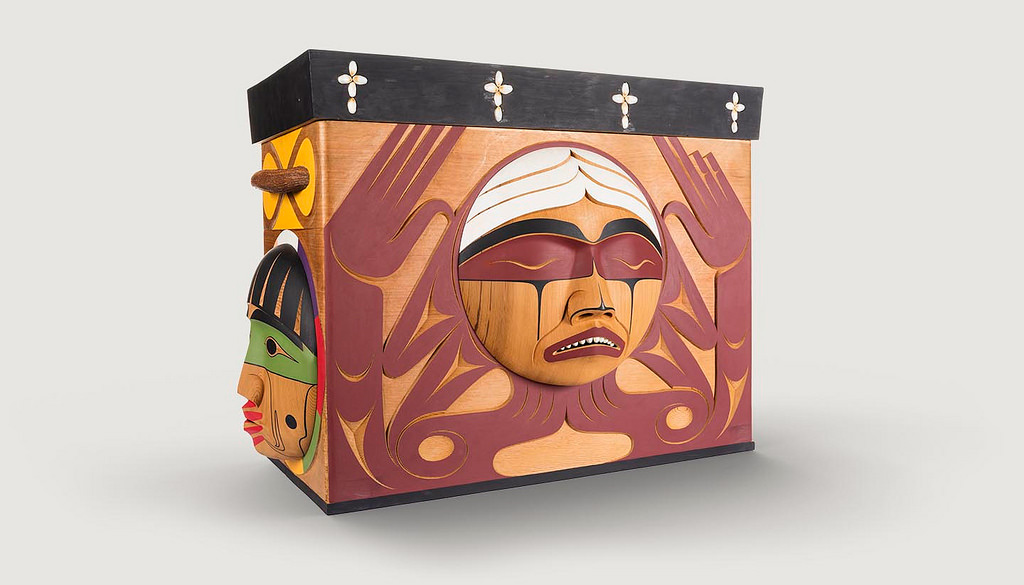
"It is due to the courage and determination of former students—the Survivors of Canada’s residential school system—that the Truth and Reconciliation Commission of Canada (TRC) was established. They worked for decades to place the issue of the abusive treatment that students were subjected to at residential schools on the national agenda. Their perseverance led to the reaching of the historic Indian Residential Schools Settlement Agreement.
All Canadians must now demonstrate the same level of courage and determination, as we commit to an ongoing process of reconciliation. By establishing a new and respectful relationship between Aboriginal and non-Aboriginal Canadians, we will restore what must be restored, repair what must be repaired, and return what must be returned."~Sinclair, Littlechild, & Wilson (2015). What We Have Learned: Principles of Reconciliation; TRC; p.1 ~
We have all heard by now, and hopefully, explored, examined, reflected on, and implemented some of the 94 Calls To Action from the Truth and Reconciliation Commission's Report launched in 2015. However, we might have not yet explored or reflected much on the 10 Principles for Truth and Reconciliation as outlined in the Report entitled "What We Have Learned", which you are asked to review today.
I invite you to focus on the Principles, which you will find in the first few pages of said report.
The final task of this micro course is to review the 10 principles, choose 3, and envision a concrete way in which you can not only learn about them but as importantly, support and bring them into your life and into your work. For example, Principle #6 proposes that:
"All Canadians, as Treaty peoples, share responsibility for establishing and maintaining mutually respectful relationships".
Consider:
- How much do you know about Treaties in British Columbia/ your province?
- How will you advance your knowledge in this regard?
- What does this mean to you, your life, your work?
- How can you extend this knowledge to your work? (i.e., You will teach about Treaties)
Submit your responses in the Discussion Forum .
*** As an added learning, find out more about the Bentwood Box by asking yourself:
- Who is the artist?
- What does the box represent?
- How was it used?
- What does it contain?
-
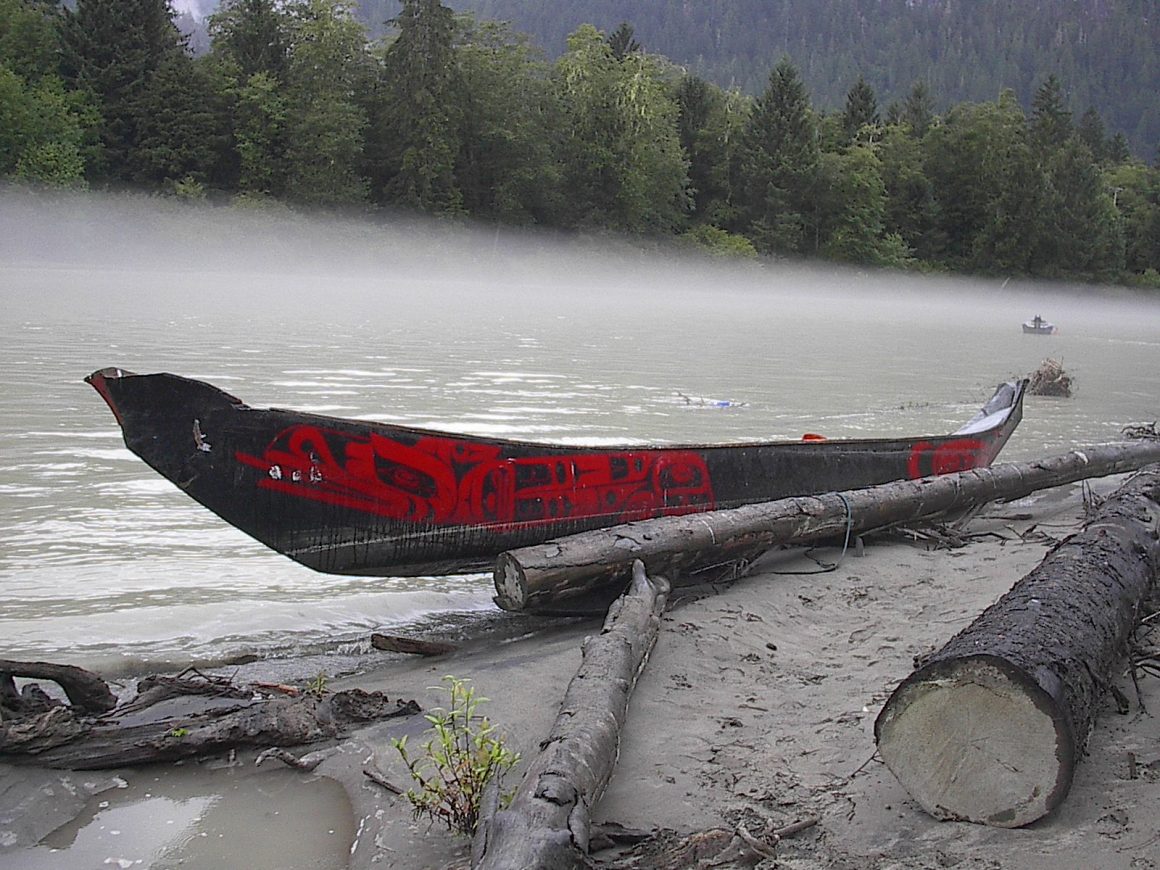
As we come to the end of this course, I want to thank you for your interest in advancing your learning, your disposition, and your commitment towards this work, which not only requires our time and energy but also, that we are available to ourselves to delve deeply into these topics, and examine our own truths before looking at forms of reconciliation.
I hope that these considerations have offered you opportunities to examine your life and your work, to think of alternative ways to continue this journey, and to remember that:"We are story. All of us. What comes to matter then is the creation of the best possible story we can while we’re here; you, me, us, together. When we can do that and we take the time to share those stories with each other, we get bigger inside, we see each other, we recognize our kinship – we change the world, one story at a time…”
~ Richard Wagamese